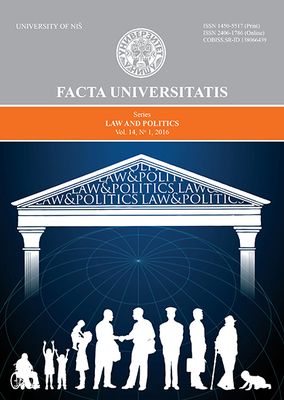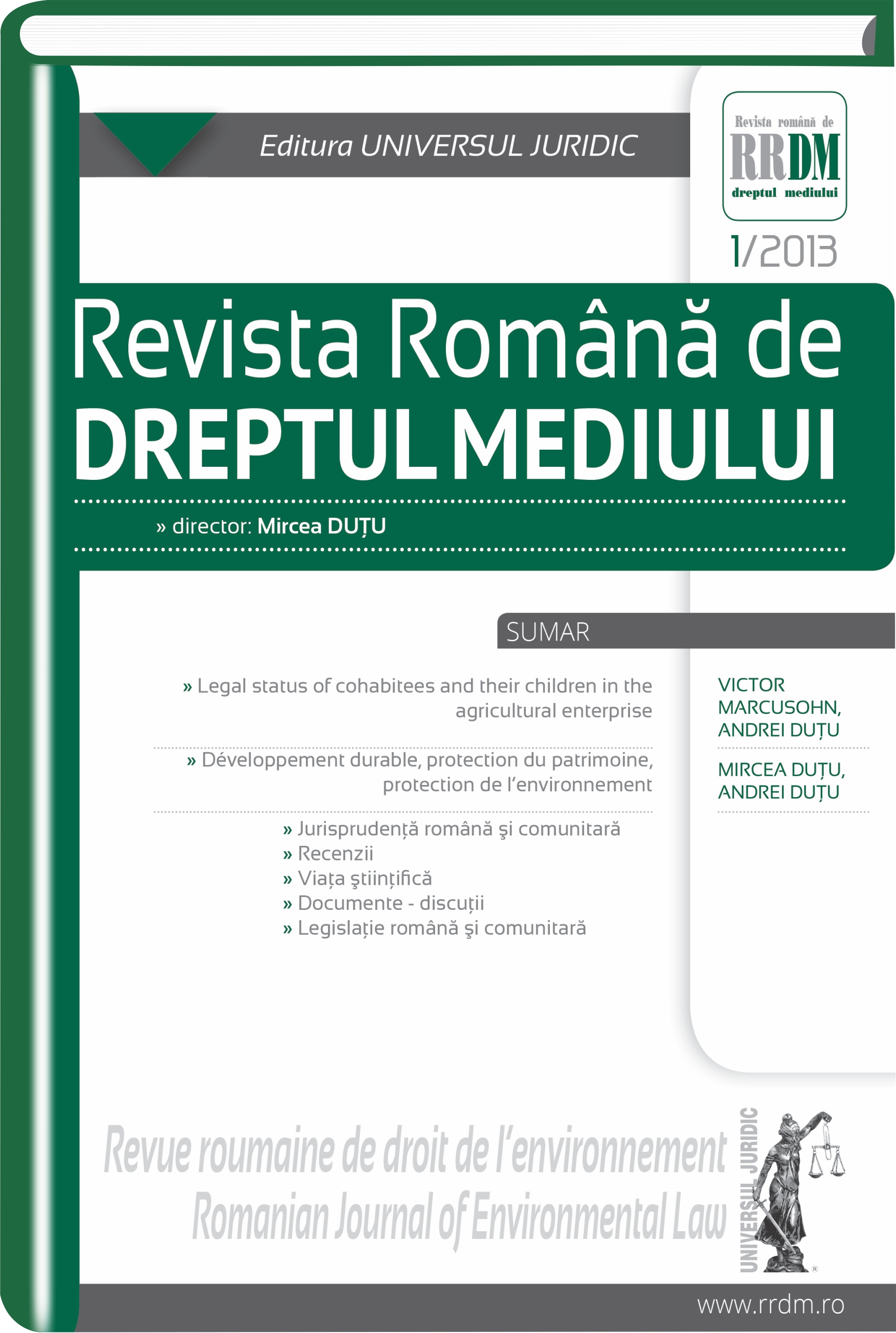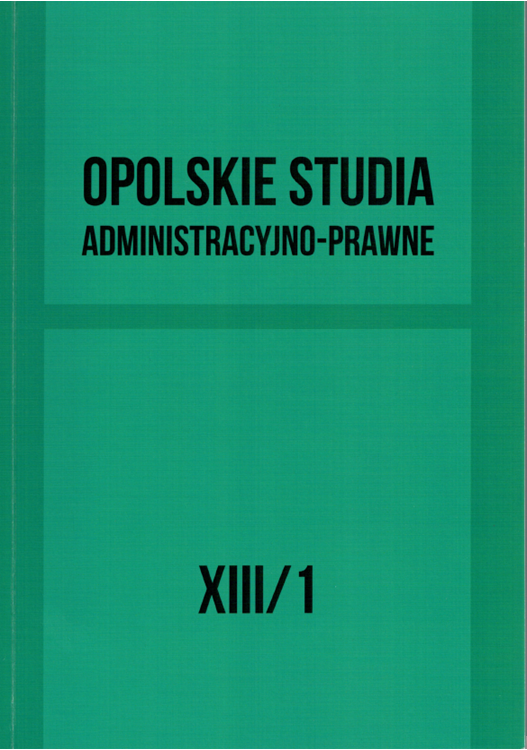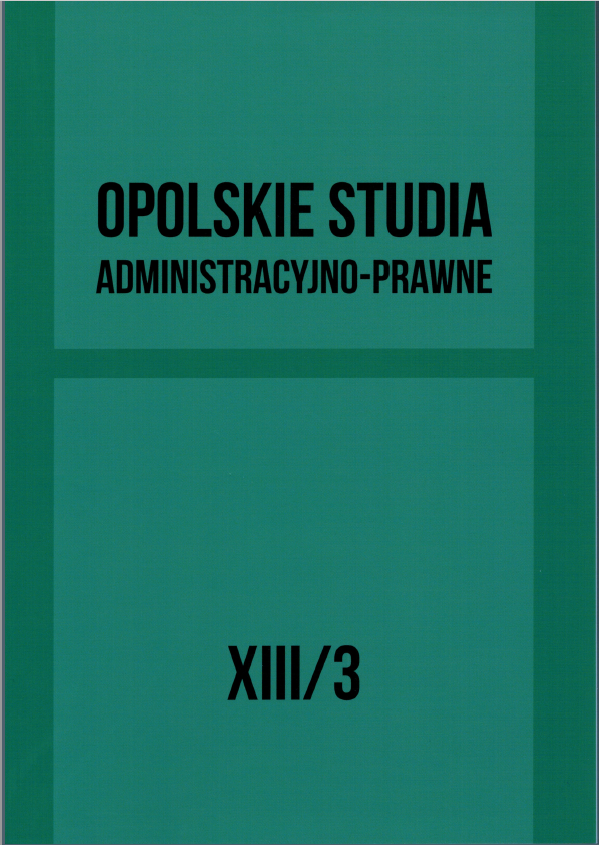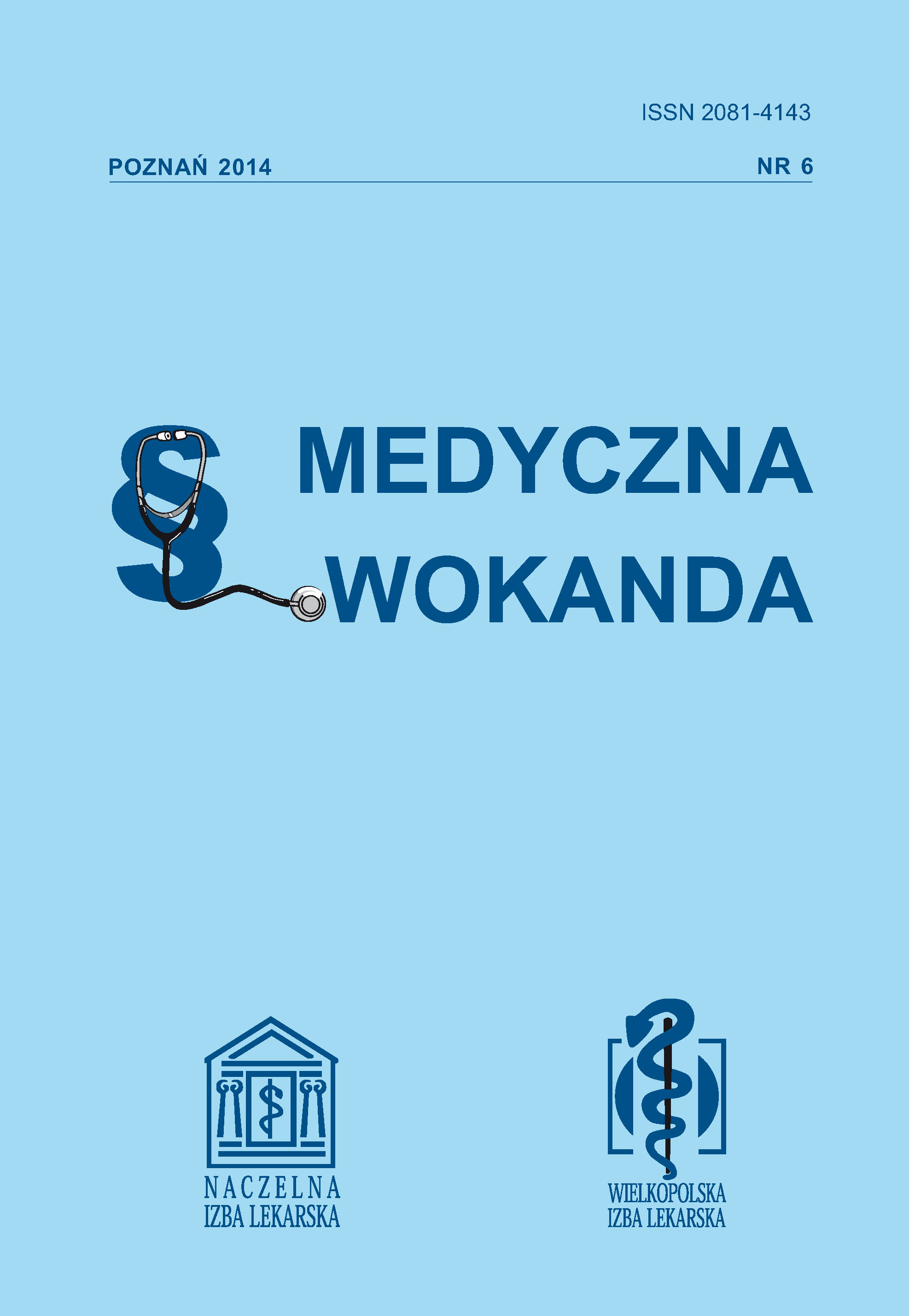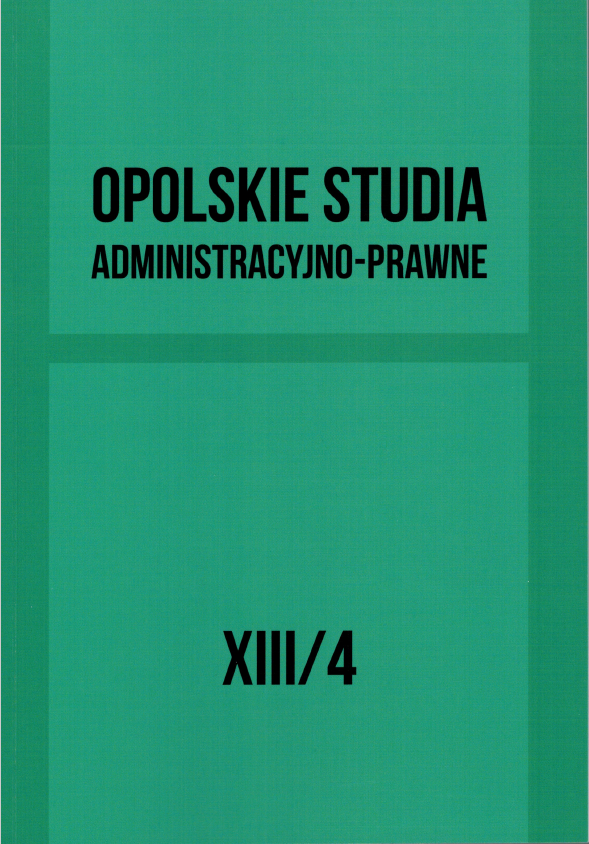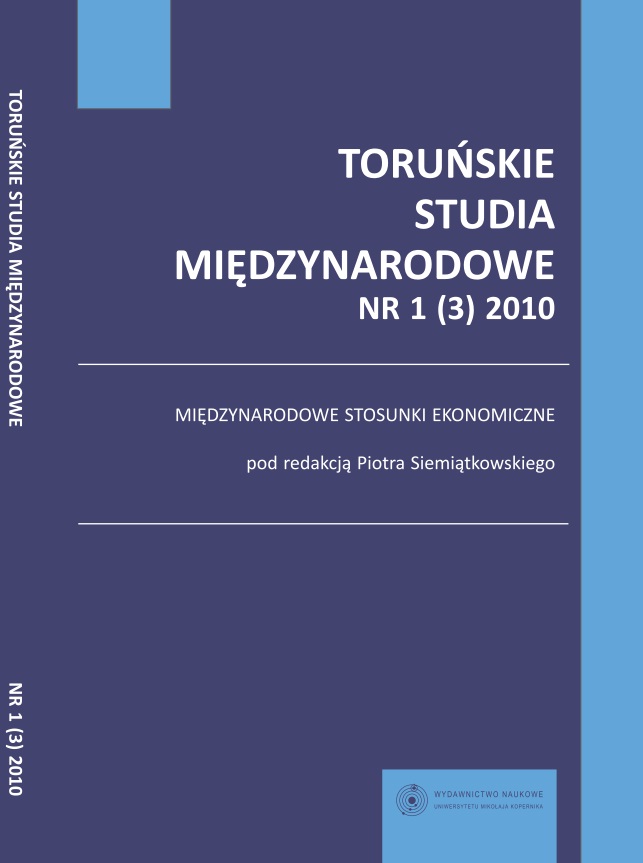Considerations regarding the Non-Applicability of Statutory Limitations to Genocide, Crimes against Humanity and War Crimes
In this paper are analyzed the genocide, the crimes against humanity and war crimes from the perspective of humanitarian law, in order to highlight the relevant aspects regarding the nonapplicability of statutory limitations to these crimes.To obtain some efficient legal instruments of protecting human rights and fundamental freedoms, and preventing genocide, crimes against humanity and war crimes, United Nations has established in the international law the "principle of non-applicability of statutory limitations to war crimes and crimes against humanity". A brief analysis is made on legislative acts adopted at European level which regulate the institution of the imprescriptibility of the aforementioned crimes, such as The Convention on the Non-applicability of Statutory Limitations to War Crimes and Crimes against Humanity, which was ratified by Romania by Decree no. 547/1969 (B. Of. No. 83 of 30 July 1969). The Convention contains references regarding the statute of limitations for criminal liability and enforcement of sentences. The analysis of the Convention is intended to highlight the importance of this European legislative act, since it was the first legal instrument of the international community, through which it was possible to ensure the protection of rights and fundamental freedoms beyond the sovereignty of states, thus representing a success and an innovation in international law.
More...
